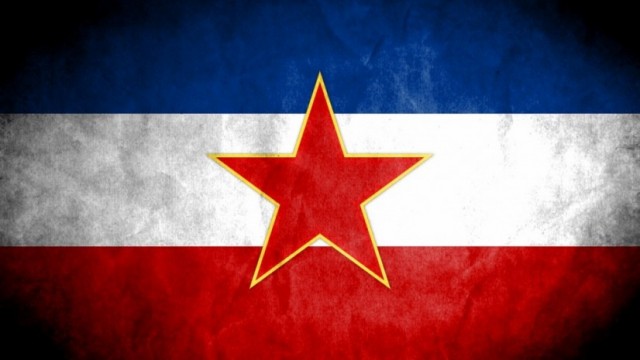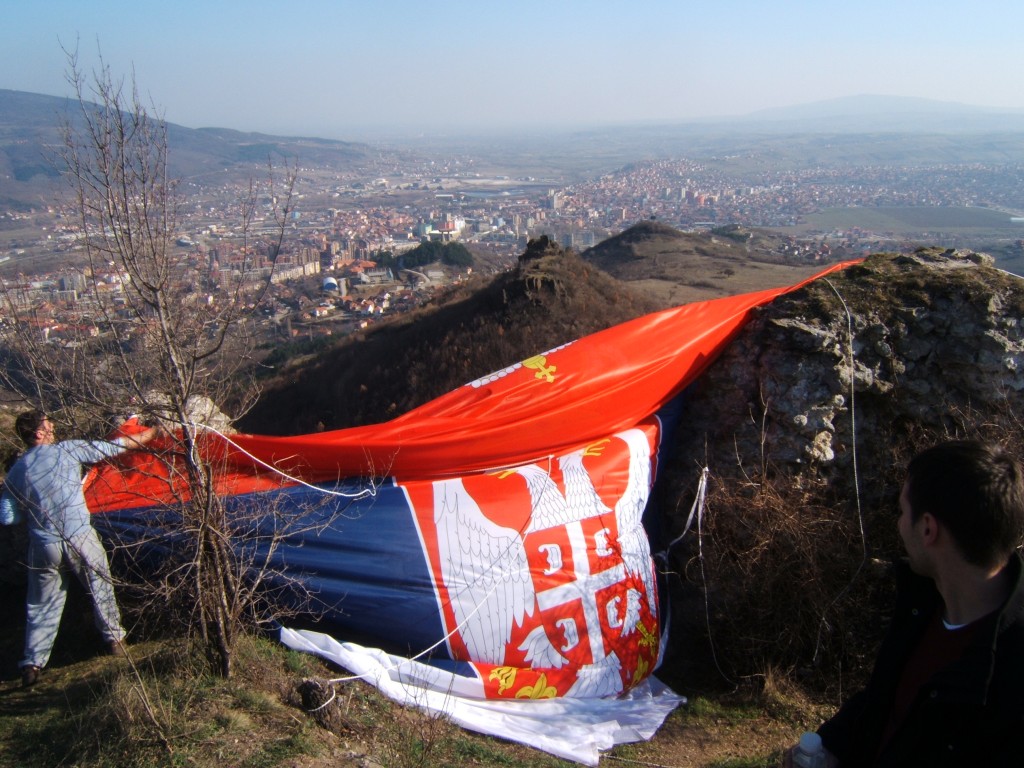The West, Milosevic and the collapse of Yugoslavia – a response to David B. Kanin
Josip Glaurdic responds to a review of his new book, ‘The Hour of Europe: Western Powers and the Breakup of Yugoslavia’, by David B. Kanin, whose own response is also presented below.
Kosovo – getting to dialogue on the north
Having realized that the north cannot simply be conquered, the Quint might finally be ready to recognize that something more than the bare outline of the Ahtisaari Plan may be required to unlock the status dispute.
The art of debating
A regional tournament in Belgrade provided students from throughout the Western Balkans with the opportunity to debate a variety of contemporary issues of relevance to the region and beyond.
Salience and emotion
Progress toward more effective management of regional disputes will be possible only if leaders emerge inside the region capable and willing to channel their own and their followers’ emotions toward negotiations everyone accepts from the outset will lead to painful sacrifices on everyone’s part.
Serbia votes for jobs and prosperity
Amidst a deteriorating economic environment, the Serbian electorate goes to the polls on May 6th with issues such as jobs and prosperity trumping those of Kosovo and the EU.
Mostar – heritage reconstruction in a divided city
A new research film by the European CRIC Research Project analyses the unexpected outcomes of heritage reconstruction in Bosnia and Herzegovina, twenty years after the outbreak of war.
Kosovo – end of ‘supervised independence’
In the absence of a mutually-acceptable political outcome for northern Kosovo, the UN must be prepared to stay in the field and return, if necessary, its own international police force to stand with KFOR as the responsible peacekeepers.
Inter-cultural dialogue through monasteries in Kosovo
The Orthodox monasteries and the municipalities of Peć and Dečani have to start creating the basis for healthy community relations in order to ensure that the former become centres of inter-cultural dialogue, rather than a focus for conflict.
Transitional justice and the Hague Tribunal – justice impossible?
Prosecuting war crimes is only one of the prerequisites for transitional justice; the lack of other effective mechanisms at the national and regional level explains, in part, the shortcomings of transitional justice in the former Yugoslavia.
Kosovo – now and in the future
Kosovo faces two fundamental challenges – its still unsettled status and the economy - that will continue to inhibit its progress towards becoming a self-sustaining, economically prosperous, and socially stable country.
Do good walls make good neighbours?
Over a decade on from the Good Friday Agreement, Belfast is yet to tackle the interfaces and contested spaces of the north of the city, or indeed to look to remove the walls that have for so long shaped the daily lives of the people living there; real peace does not need to be sustained or “secured” by walls.
Al Jazeera Balkans – an island of media professionalism
Al Jazeera Balkans is an island of media professionalism in the region; building bridges between peoples, fostering a spirit of tolerance and reconciliation, and challenging the 'Us' and 'Others' narrative of many public broadcasters.
Kosovo – Pristina’s effort to strangle the north
Pristina's illegal actions against Trepca North have brought its ability to operate and pay its thousands of workers and dependents to a grinding halt; a move that is unlikely to improve an already dangerously tense situation.
Promoting inter-cultural dialogue in south east Europe
Almost three years on from the inaugural regional ministerial conference in Sarajevo in 2009, TransConflict participated in the Second United Nations Alliance of Civilizations (UNAOC) Conference for South East Europe in Belgrade, Serbia, on 11th April 2012.
The West, Milosevic and the collapse of Yugoslavia
Josip Glaurdic’s 'The Hour of Europe: Western Powers and the Breakup of Yugoslavia' makes an extremely important contribution to the understanding not only of the period he covers, but also of the more general problem of how the United States and European Union behave toward the rest of the world.
Reflections on the siege of Sarajevo
Bosnia and Herzegovina's ethno-nationalist politicians are the product of ethno-nationalist self-partition on the part of three groups of people, all of whom have been scarred by their wartime experiences.
Kosovo – almost time to deal with the north
Only dialogue, patient outreach and a shared readiness to compromise can tackle the root causes of recent tensions in the north of Kosovo; namely, its unsettled status and Quint insistence on trying to settle it through use of force.
Serbia and Kosovo – Tadic bets on good behavior?
With Serbia's president having announced his resignation in order to contest the presidential elections, one might have imagined the Quint giving Tadic some space and peacemaking more time; instead they seem to be focused on squeezing the noose tighter.
Millet, nation, community
As a signifier, Bosnjak - which is gaining traction as a national identity in Sandjak (in both Serbia and Montenegro), and among Balkan Muslims in Western Europe - is coming to connote a political identity associated with access to state power, “European” credentials and Islamic legitimacy.
Kosovo – elections and the north
Pristina and the Quint could have chosen to ignore the elections by dismissing their significance and taking the high road; instead, the EU's warnings and threats have only served to fuel confrontation.
The importance of cultural competence in dealing with post-war societies – the Western Balkans case
A low level or complete absence of cultural competence may not only disable conflict resolution, but also serve to halt overall regional cooperation, group interaction and relations with the international actors.
Kosovo – a way forward
The frozen conflict over Kosovo can only be solved by changing the contours of the sovereignty game, ending Western pressure on both sides, and ensuring special arrangements for Serb historical and religious sites and Serb communities.
Macedonia, NATO and the EU – precedent, paradox and pronunciation
Macedonia's future Euro-Atlantic prospects depend heavily on resolving the challenges that arise from the precedent, paradox and pronunciation of the name dispute with Greece.
Kosovo – Serbian elections going ahead in a Tadic compromise
Whilst Serbia's decision to hold local elections in Kosovo has agitated Pristina and the Quint, there are signs of an openness for a political settlement on the north that goes beyond simple imposition of Pristina control.
Comparative perspectives for Afghan peacebuilders
A workshop for peacebuilders from across Afghanistan provided a variety of comparative perspectives - including from the former Yugoslavia and Northern Ireland - designed to strengthen their own peacebuilding efforts.









